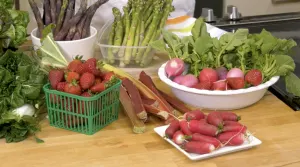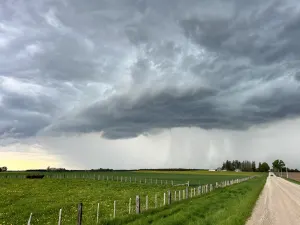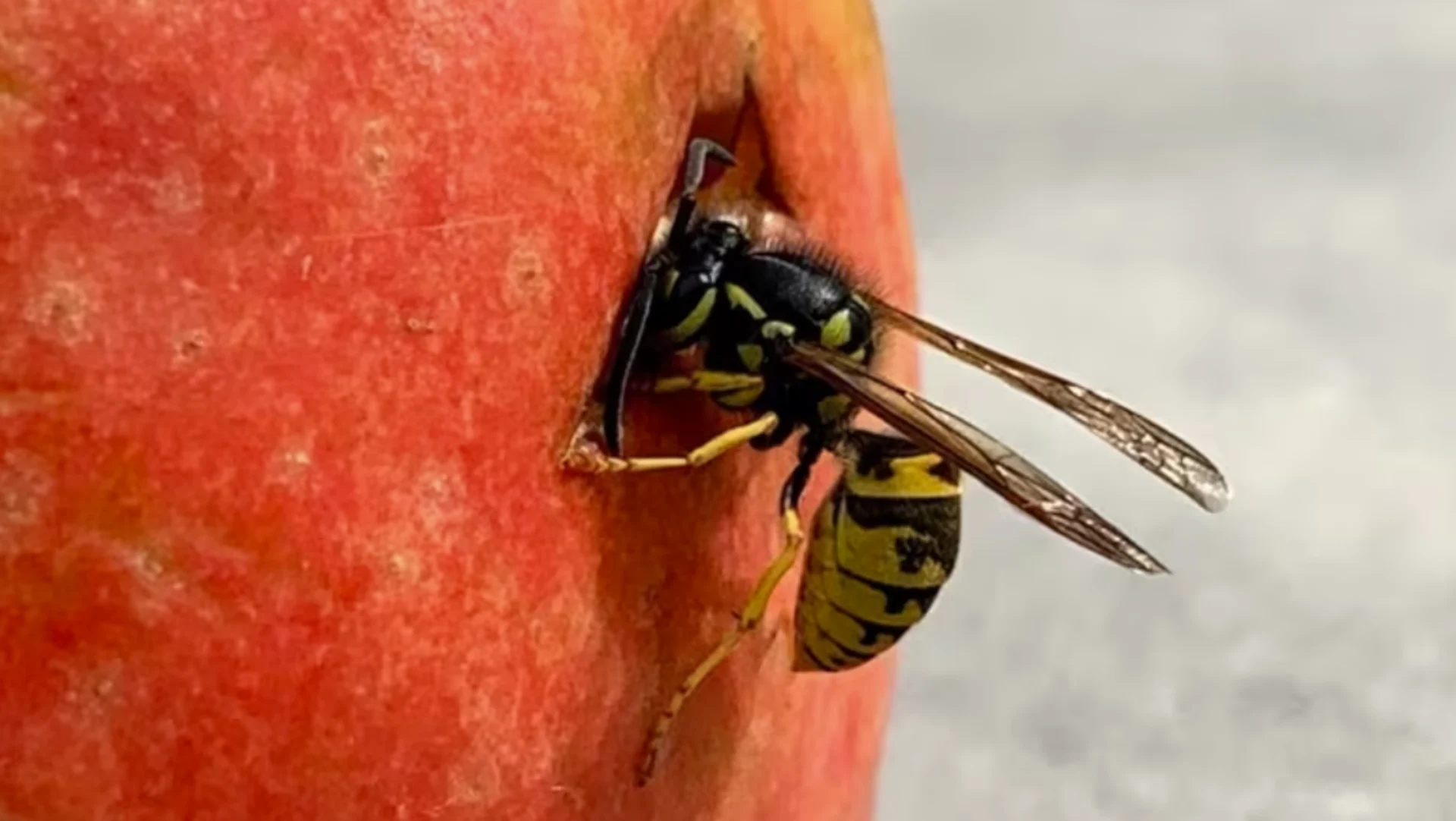
Pest control companies say calls to remove wasp nests surging in B.C.
Wasps, such as yellow jackets and hornets, an often maligned species of insects in B.C. for its propensity to make nests in inconvenient places and buzz around picnics, are creating an increase in calls, say some pest control companies.
Mat Neale, operations manager at Solutions Pest Control in Metro Vancouver, said by early June this year his company blew past the entire number of calls to deal with nests that it fielded in 2022.
"And this will go right into October. It's been very busy," he said. "It seems never-ending."
According to experts, there are 30 species of wasps in B.C. Some are predators, meaning they eat other insects, while others are carrion wasps, which feed on dead and decaying matter.
RELATED: Why it appears there is an invasion of wasps near summer's end
The province says on its website that people tend to fear the wasps because their stings can be painful and cause an allergic reaction for some people.
"Never swat at a yellow jacket hovering around you — instead, quietly move away or let the wasp leave," it says.
"If you accidentally disturb a nest and hear buzzing, protect your face with your hands and run!"
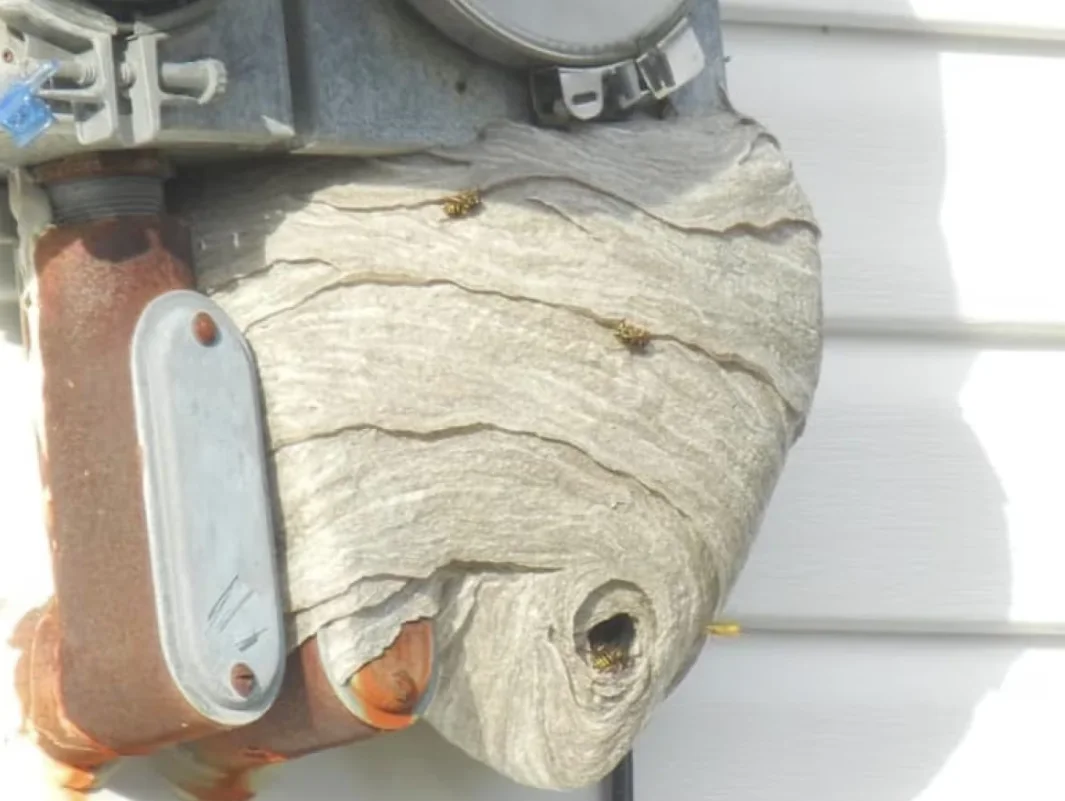
Experts advise residents remove wasp nests from their properties in spring or early summer before they get too large. (Jessie Akerman)
Neale said the company is responding to multiple calls a day from homeowners who have discovered either paper wasps nests hanging from structures or nests in the ground.
Neale believes activity is up in 2023 compared to 2022 due to the 2021 heat dome, which he says may have killed off many insects, resulting in a reduced population last year.
"We've had a very quick bounce back for 2023 and ... it's on the higher side of what we would normally see as well," he said. "Looking to last year it's a very stark contrast."
In April, Orkin Canada, the country's largest pest control company, forecast that, due to a mild winter and early spring, there would be increased and prolonged wasp activity this summer.
Biological agents
Claudia Copley, researcher and the entomology collection manager at the Royal B.C. Museum, is uncertain if there is more wasp activity in B.C. this summer compared to past years.
She said warm conditions in the spring may have contributed to more of the insects now because their nests, especially those in the ground, did not get disturbed from heavy rains or adverse weather.
She said the insects have an image problem with humans, who see them as a threat, whereas most often wasps are simply attracted to our food sources — such as at outdoor meals — or other insects living on properties.
"They have a role in the ecosystem and they are beneficial," she said.
"They're clean-up crew and they're predators and both those things are good."
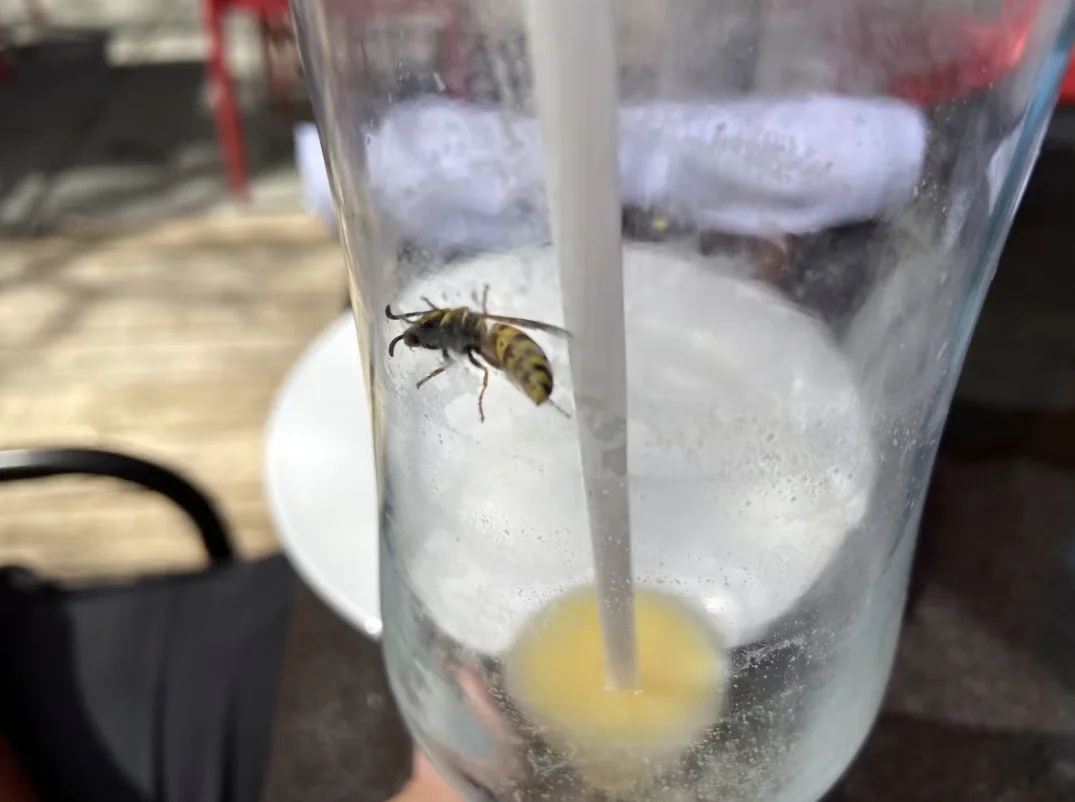
Warmer springs and summers can lead to more wasps being out and about in August, according to entomologists. (Rowan Kennedy/CBC)
Copley suggests if residents find a wasp nest on their property, they should consider finding a way to live with it, but if it must be removed, to hire professionals like Neale.
"If the nest is in a place where you don't walk past, you don't have to get too close ... then it's worth leaving it because they are important bio-control agents for eating other insects," she said.
"And if it's in a spot where you're going to come and go all the time it's best to have it removed as early as possible."
The province also provides tips on its website for removing wasp nests, while HealthLinkBC explains what do if you are stung.
Thumbnail image courtesy of Darren Bernhardt/CBC.
This article was originally written by and published for CBC News. With files from Tessa Vikander.







